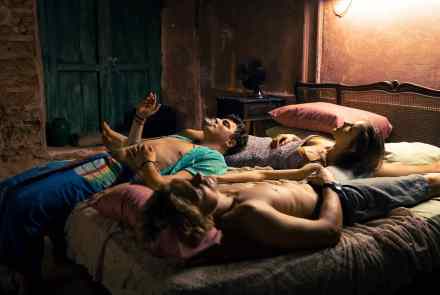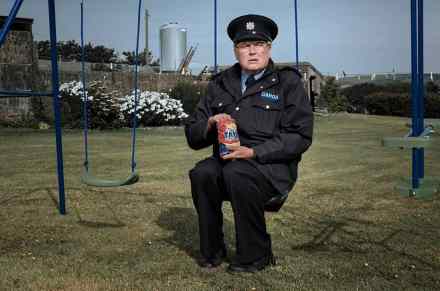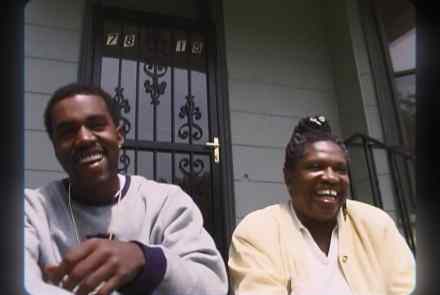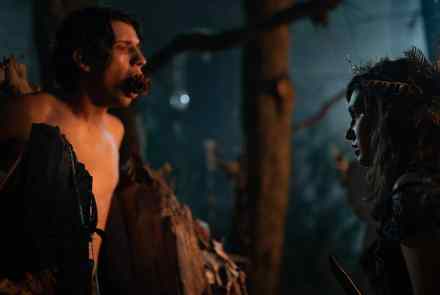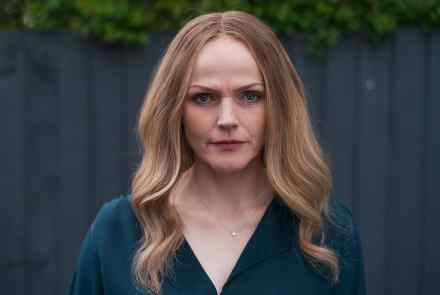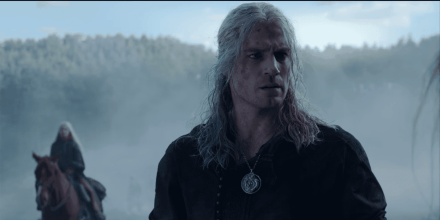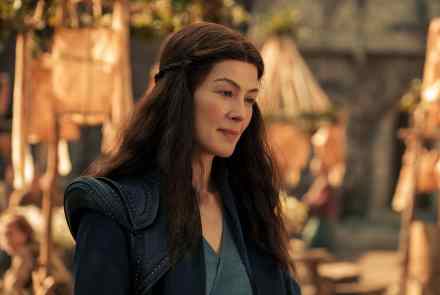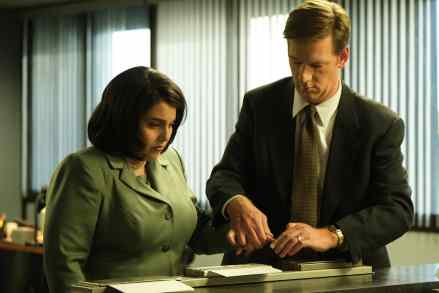If you want to avoid intrusive anachronisms on TV, you have to go foreign
The iron law of TV these days is that if you want to avoid series that are suffocatingly right-on the only way to go is foreign. Any TV emanating from the Anglosphere is guaranteed to be chock-full of intrusive anachronisms. Bridgerton,which reinvents Regency England as a melting pot of diversity, is an extreme example of this, but even previously immune series have been infected. Season five of The Last Kingdom now has a resident black monk, whose ethnicity no one notices, though such a phenomenon, you might think, would have been considered quite remarkable in 10th-century Wessex. Vikings, too, I gather, has allowed its shield wall to collapse and has
